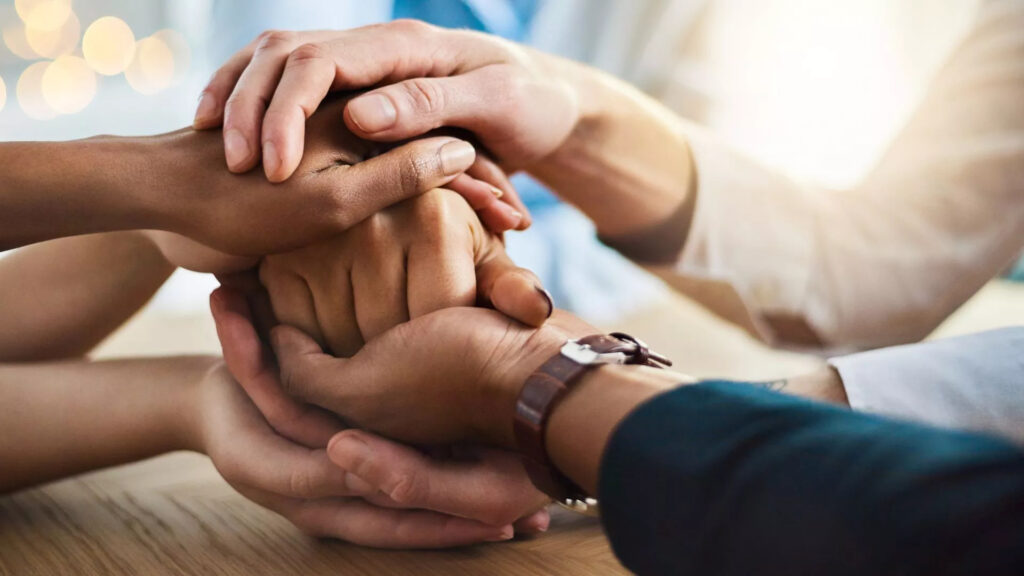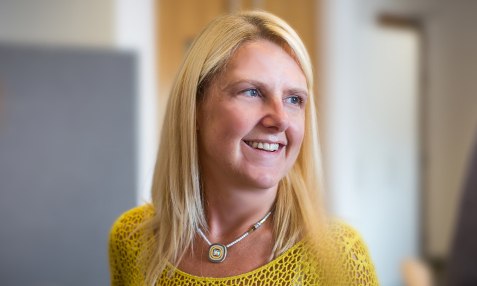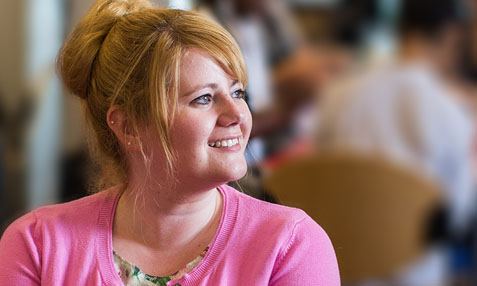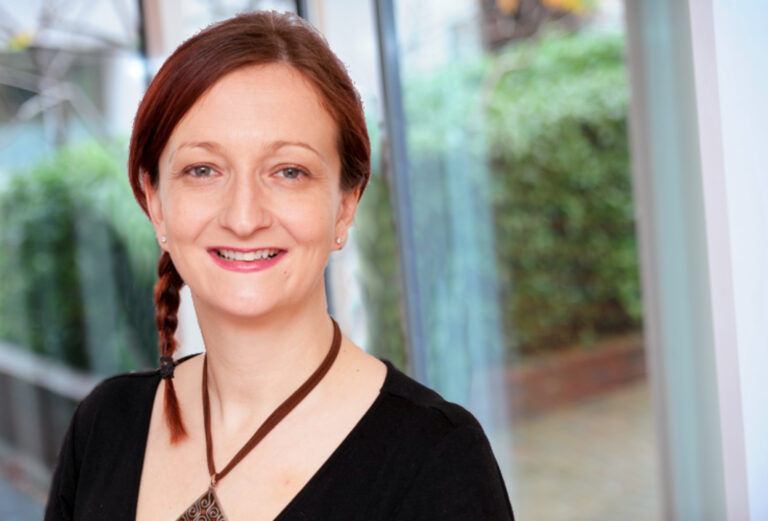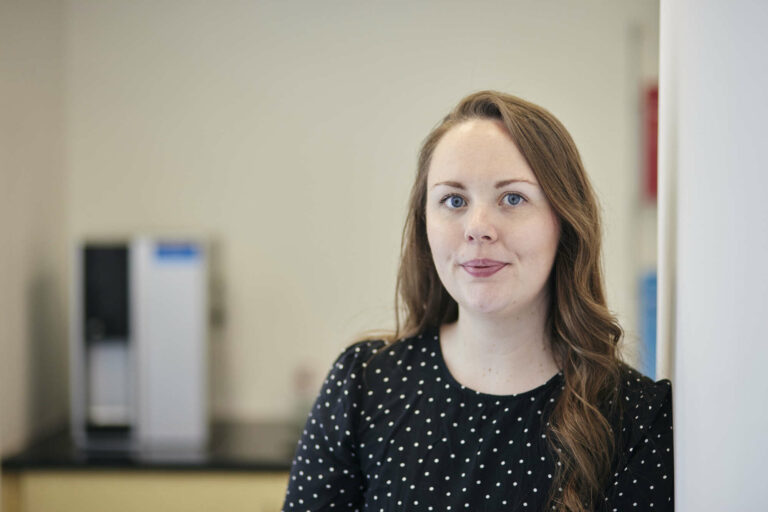Baby loss is life-changing, and for parents, the grief is unimaginable. While nothing can truly erase the pain, there is a wide array of support available through various charities and organisations. These groups help families find solace, connect with others who understand their loss, and raise public awareness to prevent unnecessary deaths. Baby Loss Awareness Week (BLAW) brings this vital work into focus, encouraging open conversations about baby loss and ensuring that no one has to grieve alone.
Types of Baby Loss and their relevant charities
Stillbirth and neonatal death
The birth of a stillborn baby is a heart-breaking event, often compounded by questions of what might have been done differently. A stillbirth is the birth of a baby who is born without signs of life after 24 weeks of pregnancy. Causes of stillbirth include placental problems, infections, and umbilical cord accidents, many of which can be identified and managed with appropriate prenatal care.
Neonatal death is the death of a baby with the first 28 days of their life. This is often a result of premature birth, birth defects, or infection. If the cause is unknown, an inquest may be held to investigate what happened.
Sands (Stillbirth and Neonatal Death Charity) is a leading charity offering extensive support for parents, siblings, and grandparents dealing with baby loss. Sands also funds research aimed at improving prenatal care to reduce stillbirths. Their services include a free helpline, memory boxes, and local support groups.
Tommy’s also plays a vital role by funding research aimed at improving prenatal care, reducing neonatal deaths, and providing direct support through their pregnancy line, which offers advice after baby loss.
The Maypole Project provides a range of psychological and social support for families facing loss through still birth, neonatal loss, or where children are born with, diagnosed or acquire complex medical needs before age 18. These are conditions which may shorten or threaten life or mean that they are medically fragile. Maypole support is offered to the family from the time they need it: This may be recognition of such a condition in pregnancy, any time through their lifetimes or after a baby or child has died. The Maypole Project model of support is unique as it provides ongoing support, which can be dipped into and out of sometimes across many years and designs its services to suit each family member’s needs to assure it can support through difficult times of transition. This also means that Maypole can support families through the additional stress that families experience when faced with such circumstances as bringing a legal claim. The Maypole Project’s unique model of care is a lifeline for a lifetime for families including bereaved parents and provide this support across London Boroughs of Bromley, Lewisham, Greenwich and Southwark, extending this through remote support to any area of the UK.
Ectopic pregnancy
An ectopic pregnancy occurs when a fertilised egg implants outside the uterus, usually in a fallopian tube, and is a life-threatening condition for the mother. Diagnosing and treating an ectopic pregnancy quickly is vital.
The Ectopic Pregnancy Trust offer support for those who have suffered an ectopic pregnancy, providing resources to understand the condition and seek help during recovery. Their work also extends to ensuring that medical professionals are educated on the signs and risks associated with ectopic pregnancies.
Miscarriage
A miscarriage is when the baby dies before 24 weeks. Often, parents are unaware this has happened until a routine scan reveals the heartbreaking news.
For parents coping with miscarriage, Aching Arms offers an emotional and practical source of comfort for all forms of baby loss. Their Comfort Bears, donated from one bereaved family to another, provide a tangible way to grieve and remember their lost child. They also offer a telephone support service run by bereaved parents, providing a space to share experiences with someone who understands.
Birth trauma
Birth trauma is when the mother suffers a physical injury such as a tear, fracture or nerve damage, and/or psychological trauma from giving birth. These can have a damaging and long-term impact on mum, particularly when the focus will be on their new baby, or they are also dealing with the devastation of baby loss.
For parents recovering from birth trauma, Petals is a charity that offers counselling services specifically for those affected by pregnancy-related trauma and baby loss. Petals recognises that mental health is profoundly impacted by such experiences and works to provide tailored support for those in need.
Connecting to communities of support
The road to healing after baby loss is long, but it does not have to be walked alone. Alongside the legal and practical steps, parents can find emotional support and connection through communities, remembrance services, and counselling.
Saying Goodbye, offers remembrance services for those of faith and no faith, providing parents an opportunity to grieve with others who have experienced similar losses. This was founded by parents who tragically suffered the loss of a baby and have therefore experienced firsthand what support was missing in baby loss bereavement services. These services are open to anyone who has suffered the loss of a baby at any stage of pregnancy or shortly after birth.
Daddys with Angels focuses on providing support specifically for fathers, grandfathers, uncles, and other male family members affected by baby loss. Founded to fill a gap in support for bereaved men, Daddys with Angels offers peer support groups and online forums.
How we can help
The pain of losing a child is immense and something that no parent expects to happen to them. Wanting to understand and obtain answers as to what happened and why it happened is natural, and is extremely important to all the families. At Enable Law, we can help you find those answers and also fight with you to bring about change to ensure that lessons are learnt for the future. We understand the pain and loss parents are suffering will impact them for the rest of their lives, and no amount of financial compensation will solve this but for some families, investigating a medical negligence claim, sharing their story, and improving care is an essential part of re-building their lives.
If you have questions about the care you or your baby received, we’re here to support you in this incredibly difficult time. For more information, please contact our team today.

